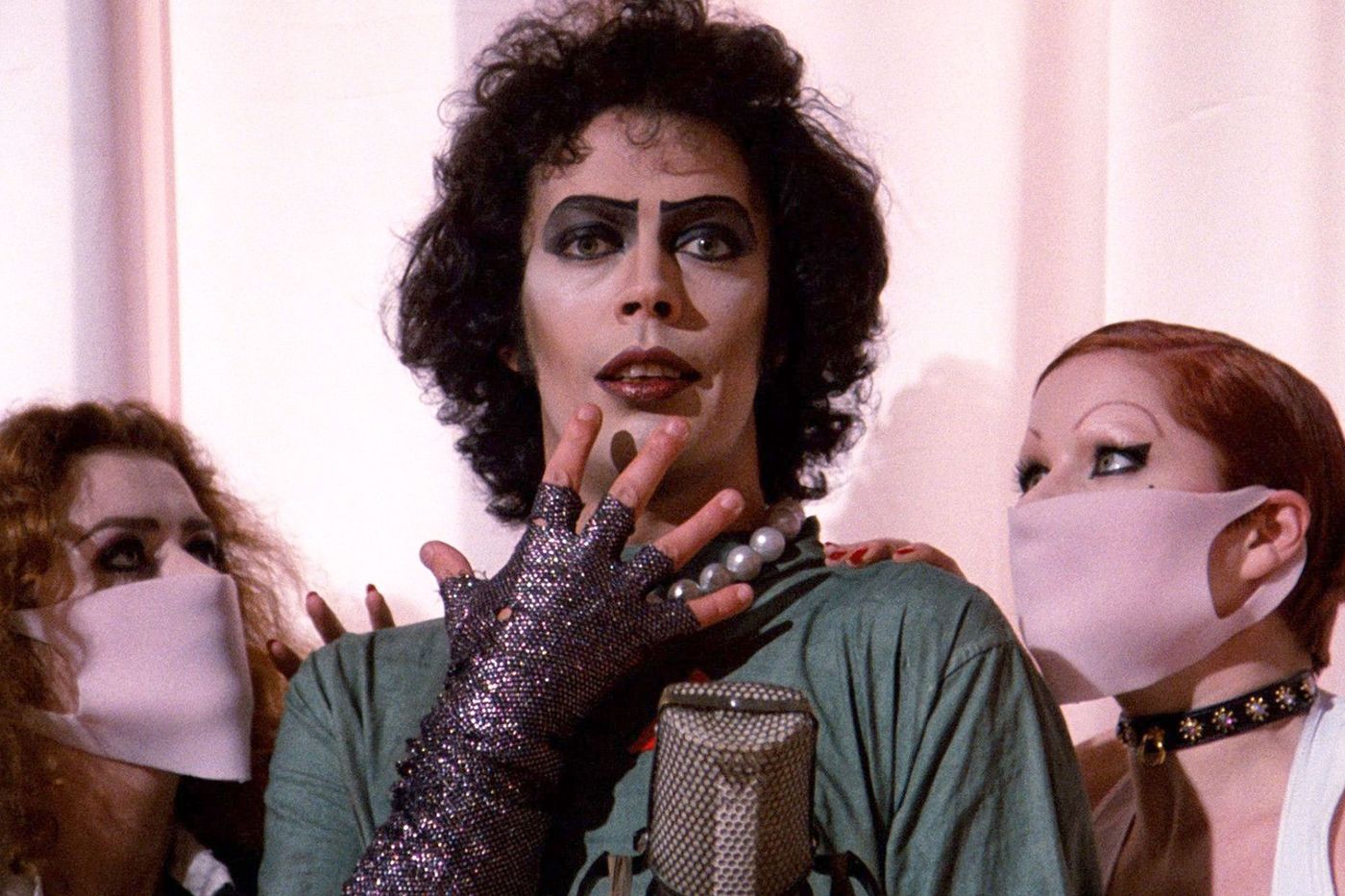Does therapy actually help you if you know what your problem is? Also knowing that they’re talking to you because it’s their job feels like the whole thing is a lie and a waste of time.
Does therapy actually help you if you know what your problem is?
Yes, then you’re already steps ahead. For some people, figuring out what the problem is, already takes therapy, but it doesn’t end there. If you know, what the problem is and know how to fix it, you probably don’t need therapy. But if you know what’s wrong but can’t fix it alone, that’s what therapy is for.
Also knowing that they’re talking to you because it’s their job feels like the whole thing is a lie and a waste of time.
Only if you somehow follow the idea, that the therapist has to like you. That is not the case. It is their job and that’s okay. You’re also just talking to them because it’s their job. Why would you open up to a stranger otherwise?
I mean you should get along together somehow, but you don’t have to be friends with your therapist.
Oh man a couple months ago I had to back off a topic because my therapist was obviously about to cry and just barely holding it together… I’m trans and was talking about my worries with how the US is going. They have trans kids and I think my concerns were hitting close to home for them. It was a difficult session for everyone x.x
Did you recommend going to therapy to your therapist?
Just ask her how she feels, then charge her $200
In some countries it’s actually required for therapists to periodically see a therapist. To avoid getting retraumatized by their patients trauma and such
Sounds like a pyramid scheme.
right, one on one therapy is a pyramid scheme, as we all know pyramids are made out of two points.
I’ve been told by my therapist I have the worst case she has ever seen. Yes I’m winning it ;)
I made my therapist lose her shits, because I sat in her chair once.
The arrangement was a small table and two identical chairs on either side, with no indication who has to sit where, other than how we’d usually do it and no clear instructions.
She couldn’t handle it and couldn’t let it go weeks after that session.
Am I winning?My therapist called me the most cynical 24 year old she’d ever seen. I’m 37 now.
I’m stuck at the tutorial boss (“how does that make you feel?”)
unironically sat 2 hours in pure silence because there were no other inputs from both sides. so i rather just sit the silence out in isolation
I did this too! Started out as a “test” or temper tantrum, but afterwards it felt so safe he didn’t start talking, that it really was a space where I was in control.
Stupid clever therapist.
sounds positive, glad it helps you. my message was more resignation based ^^
“And where do you feel that in your body?”
To this day I don’t understand this. My therapist used to ask this so many times and every time I was like:?? In my brain??? Where thoughts and feelings live???
Can someone explain?
It’s the physical manifestation thing. It also helps you try to be more mindful of your feelings. For instance, if you normally feel anxiety in your jaw, and you find your jaw tightening again in whatever situation you find yourself in, you might see if you can slow down and think of your next steps. Why am I feeling anxious? Should I take a break?
This only really made sense to me for the emotions that I strongly felt physically, like anxiety so bad I would get tunnel vision. For smaller physical reactions, not so much.
I was always annoyed by this question for the same reasoning. However, as another person already said, you can sometimes feel it in some part of the body. When feeling bad, it feels like pressure in my stomach, there a a few other.such connections. Now I find it somewhat useful as part of mindfullness.
I do still get annoyed when asked this question, partly because whenever he asks the question i do not feel it anywhere, also it seems irrelevant. But the main reason is probably defiance that this seemingly stupid question of him was sensible all along. So much I had to write this response.
There’s definitely some physical manifestations of your strongest emotions. Strong feelings of fear or anger trigger musclular reactions in your belly, strong feelings of anxiety or tension in your neck, love and contentment in your chest, etc.
Perhaps they were trying to find those physical connections to gauge the emotion or intensity?
“Show me on this doll…”
So if you lose therapy … you’re going to need therapy for that
I think if you lose therapy, The witnesses will need therapy.











